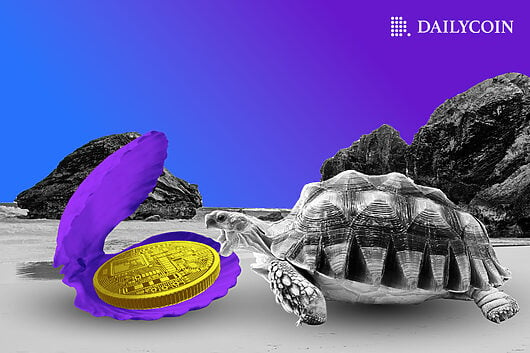Bermuda Bank Launches JUSD Stablecoin on Polygon

- Bermuda’s first licensed digital bank is launching a USD-backed stablecoin on Polygon.
- The bank will be maintaining a 1:1 reserve ratio with US dollars.
- The bank plans to ensure safety by conducting regular audits and publishing monthly and quarterly reports of its reserves.
Jewel Bank, Bermuda’s first licensed digital bank, announced yesterday that it is issuing a fully backed stablecoin, Jewel USD (JUSD), on Polygon. The statement highlighted that the bank will maintain a minimum 1:1 reserve ratio with USD. It will also ensure safety by maintaining monthly and quarterly updates on the JUSD reserve.
Jewel Bank leverages the Polygon ecosystem for stablecoin-based payment solutions backed by bank deposits.https://t.co/xHiKzxVazn
— Jewel Bank (@JewelBermuda) December 12, 2022
According to the report, Jewel Bank will use the Polygon ecosystem for commercial and retail payment solutions. Polygon has been growing recently as an ecosystem by securing major partnerships with Starbucks and Nike. Polygon currently facilitates the trading of over 20+ stablecoins on its Ethereum-based L2 scaling solution.
“Our partnership with Polygon Companies helps power a key part of our long-term stablecoin infrastructure, which brings bank-grade safety, speed, and security to stablecoins,” said Chance Barnett, the Founder and Chairman of Jewel’s Bank.
The bank was the first to be licensed by the Bermuda Monetary Authority to issue stablecoins in June, becoming the country’s first new bank in 20 years and its first digital bank, as per the press release.
In his previous statements, Chance Barnett mentioned how the lack of institutional banking infrastructure has been the missing piece for high-growth digital asset exchanges and institutions outside the US. With regulated entities like Jewel bank entering the space now, the hope is that it will bring much-needed liquidity, reliability, and scale along with demand for fiat ramps and stablecoin payments.
Jewel has plans to expand the JUSD-based infrastructure to include institutional, business, and individual payments. It also intends to issue stablecoins “as-a-service” to other banks and non-banking financial institutions that need digital banks’ regulatory, technological, and compliance capabilities.
On the Flipside
- Unless the stablecoin finds an appropriate use case within the ecosystem, users are not incentivized to hold and trade JUSD.
- Additionally, if JUSD is used for payment settlements, there is a possibility that the bank may start tracking the respective wallets and blacklist certain addresses for suspicious activity.
Why You Should Care
When crypto needs stability and certainty, a fully-regulated bank issuing stablecoin against fiat deposits should be seen as an encouraging sign. Stablecoins are also a key component of the crypto infrastructure. An entry of a regulated body into the space highlights its enormous potential.
Update on other stablecoins:
Coinbase Questions Tether’s (USDT) Stability Amid Growing Concerns Over Stablecoins
Read more: https://dailycoin.com/bermuda-bank-launches-jusd-stablecoin-on-polygon/
Text source: DailyCoin.com










